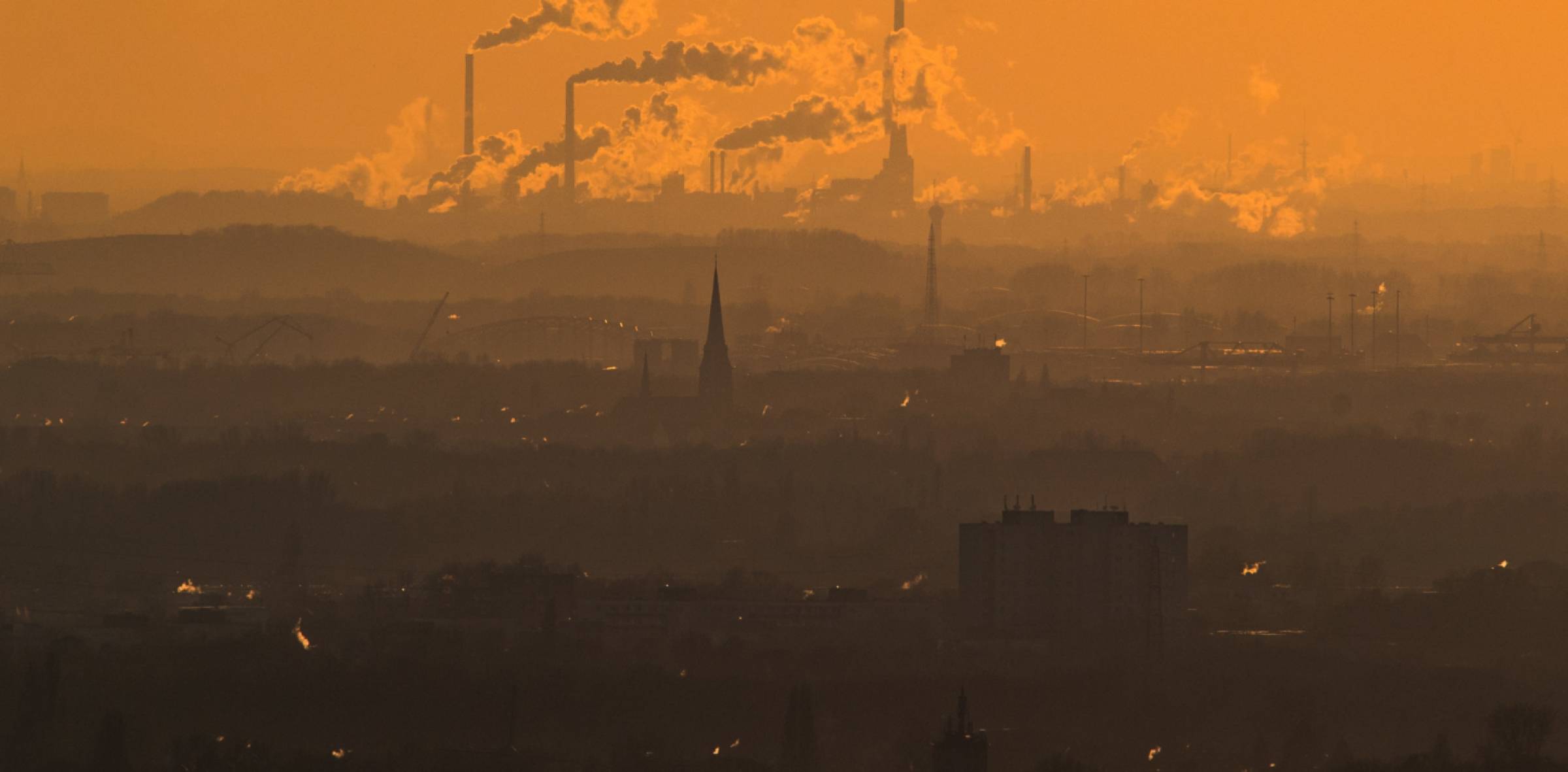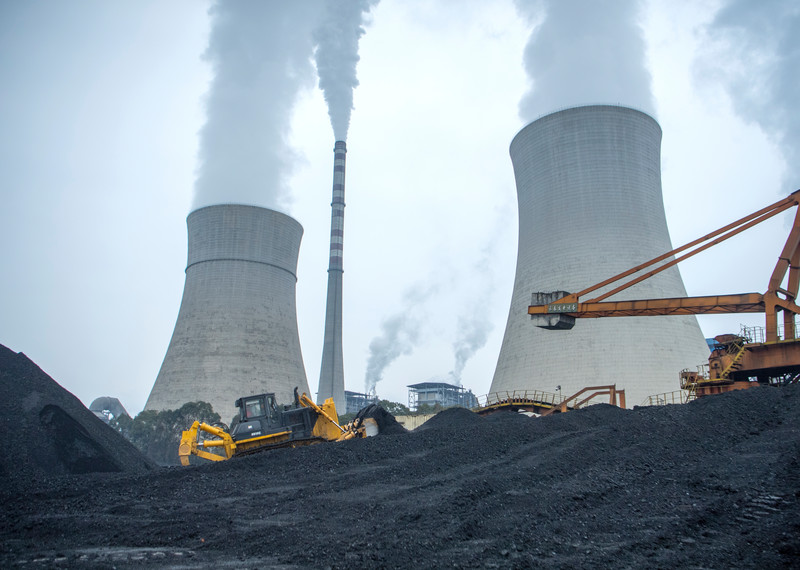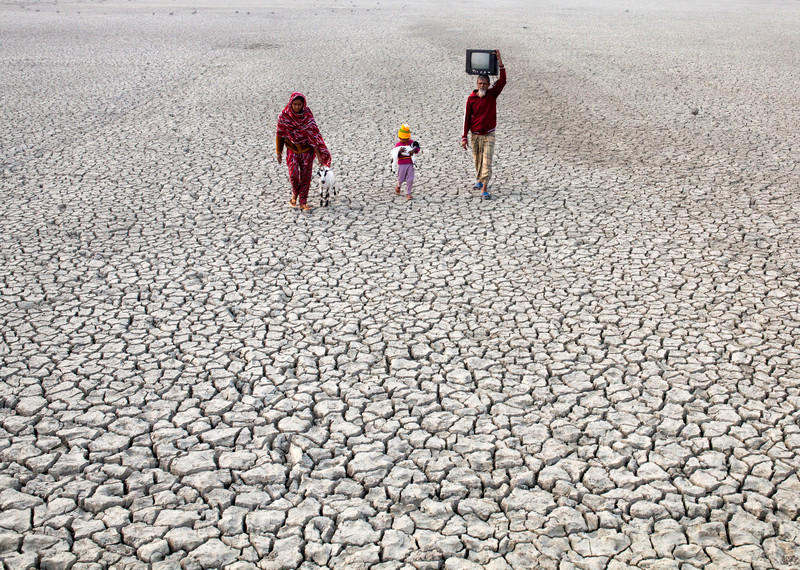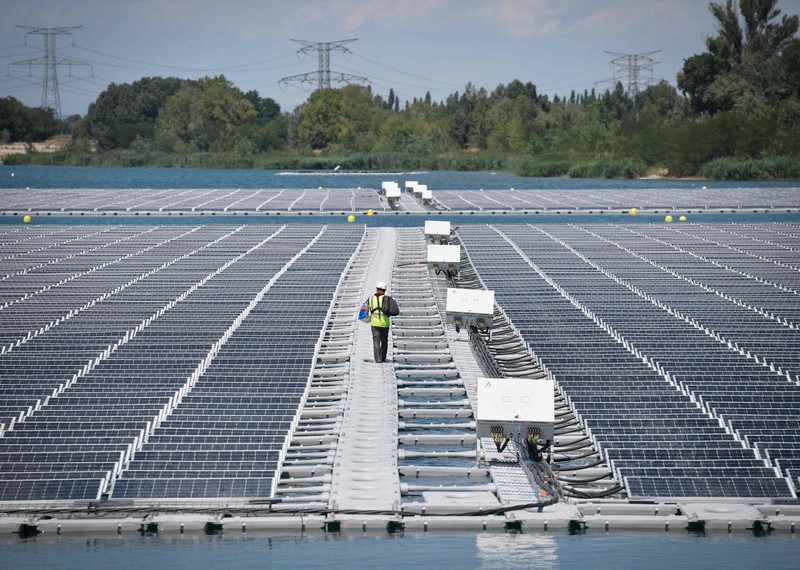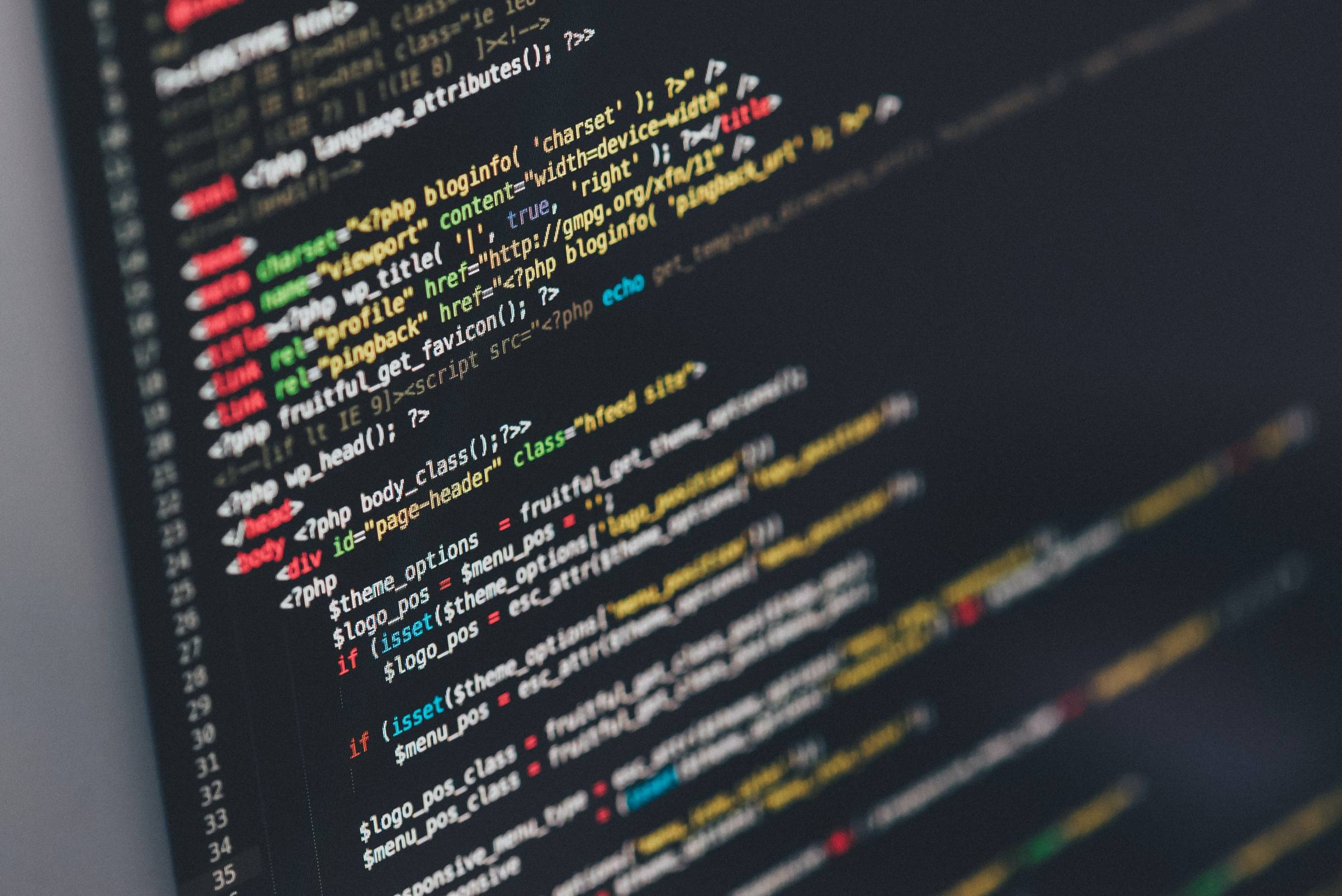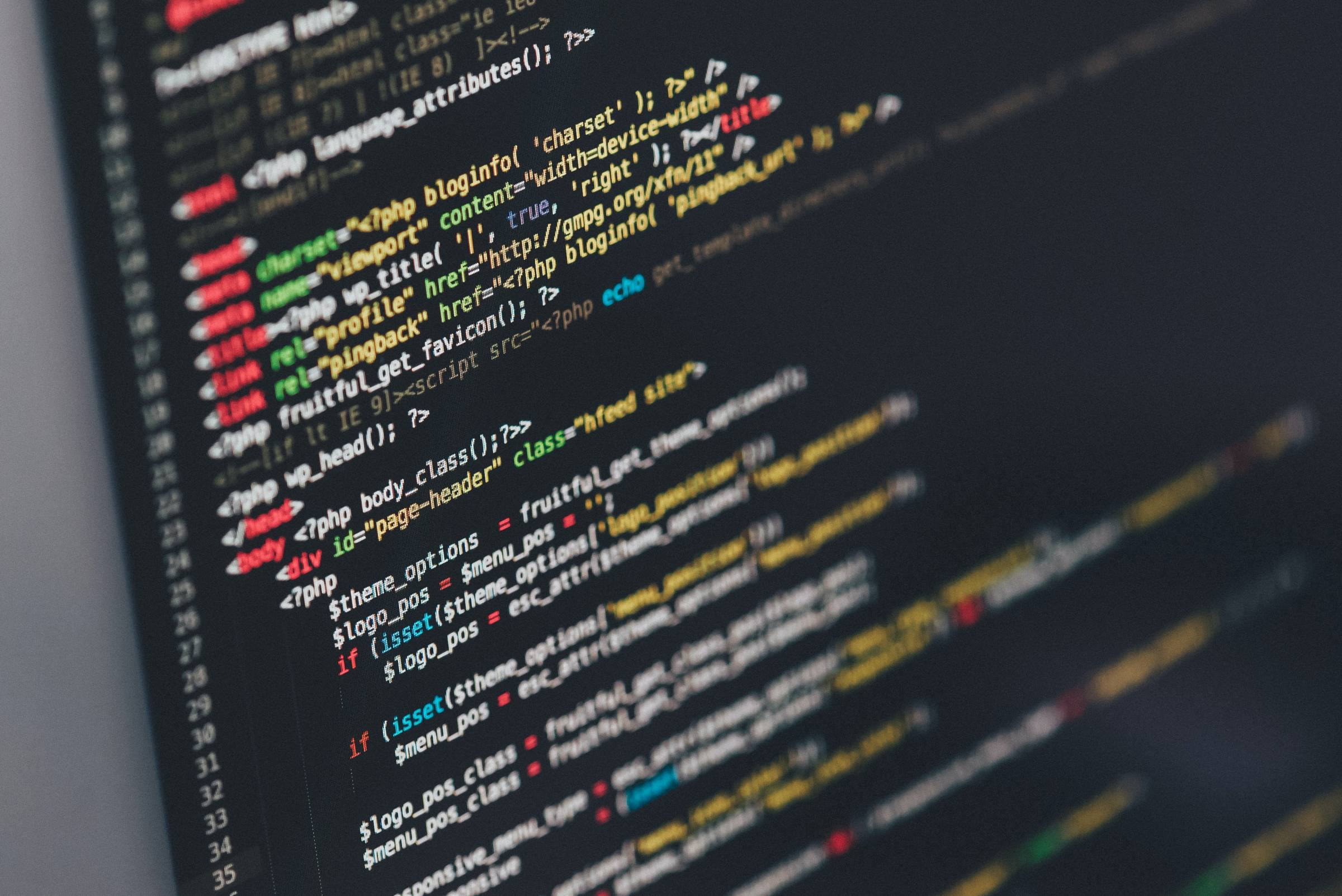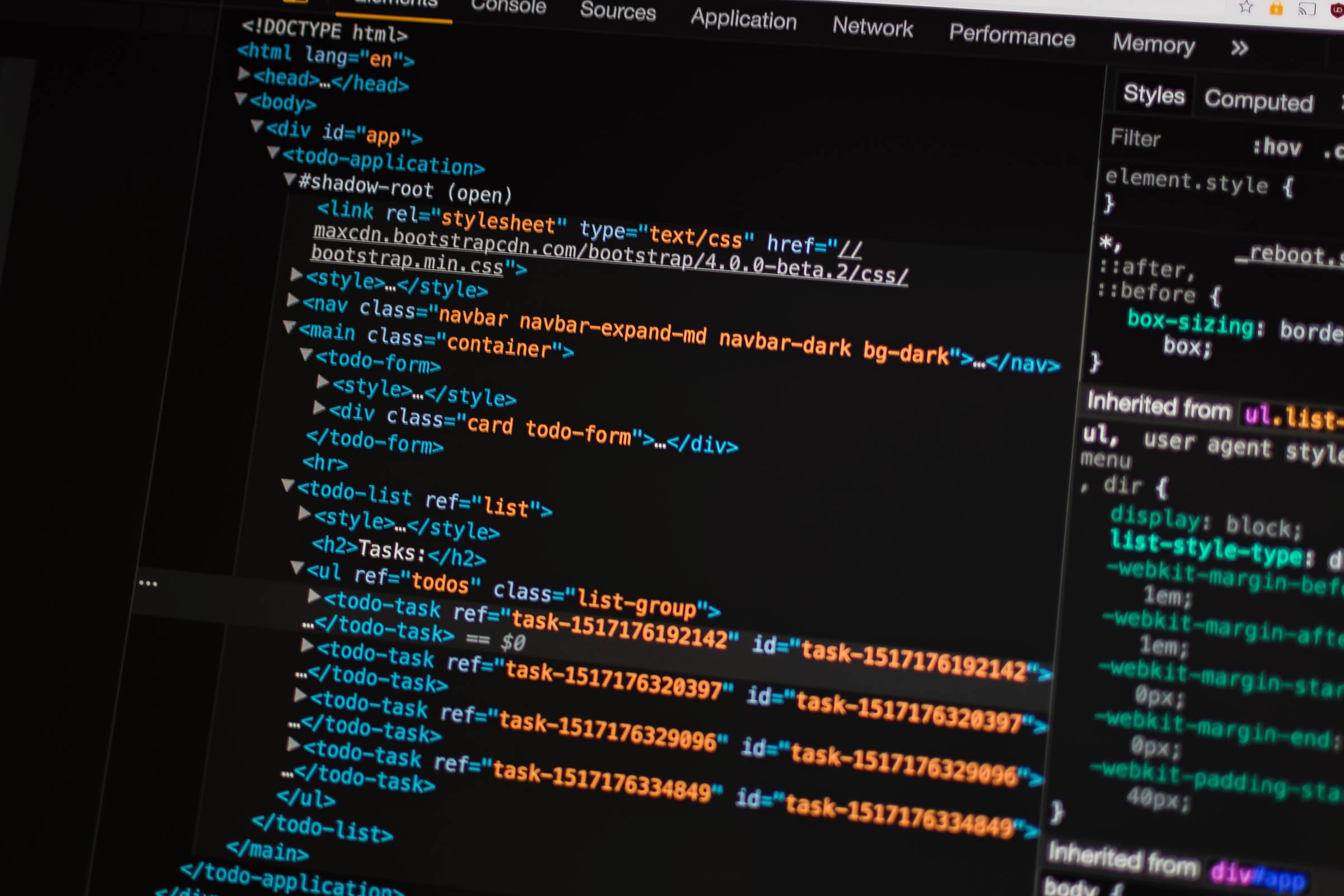Climate Change Amnesty International
Posted By Amnesty International Roberto on 03-12-2023 22:16:58
Description
It’s easy to take our planet for granted until we see the human cost of its degradation: hunger, displacement, unemployment, illness and deaths.
Millions of people are already suffering from the catastrophic effects of extreme weather disasters exacerbated by climate change – from prolonged drought in sub-Saharan Africa to devastating tropical storms sweeping across Southeast Asia, the Caribbean and the Pacific. Scorching temperatures have caused deadly heatwaves in Europe and wildfires in South Korea, Algeria and Croatia. There has been severe flooding in Pakistan, while a prolonged and intense drought in Madagascar has left 1 million people with very limited access to adequate food.
The devastation that climate change is causing and will continue to cause means it is code red for humanity. But there is still time. The world’s leading scientific body for the assessment of climate change – the Intergovernmental Panel on Climate Change (IPCC) – warns that global greenhouse gas emissions must ‘peak before 2025 at the latest, and be reduced by 43% by 2030 if we are to limit climate change to 1.5°C and avoid complete catastrophe.
Large-scale action is required immediately, but urgency must not be an excuse to violate human rights.
The dramatic impacts of climate change have exposed with devastating clarity, how integral a healthy environment is to the enjoyment of all our other rights.
Agnès Callamard, Amnesty International's Secretary General
How does climate change impact human rights?
Human rights are intimately linked with climate change because of its effect on not just the environment but our own well-being. Its effects will continue to grow and worsen over time, creating ruin for current and future generations. This is why the failure of governments to act on the climate crisis in the face of overwhelming scientific evidence may well be the biggest inter-generational human rights violation in history.
Climate change and right to life
We all have the right to life, and to live in freedom and safety. But climate change threatens the life and safety of billions of people on this planet. The most obvious example is through extreme weather-related events, such as storms, floods and wildfires. But there are many other less visible ways that climate change threatens lives. The World Health Organization predicts that climate change will cause 250,000 deaths per year between 2030 and 2050.
Climate change and right to health
We all have the right to enjoy the highest attainable standard of physical and mental health. According to the IPCC, major health impacts of climate change will include greater risk of injury, disease and death due to, among others, more intense heat waves and fires; increased risk of under-nutrition as a result of diminished food production in poor regions; and increased risks of diseases from food and water, and vector-borne diseases. People, and particularly children, exposed to traumatic events such as natural disasters, exacerbated by climate change, can suffer from post-traumatic stress disorders.
Climate change and right to housing
We all have a right to an adequate standard of living for ourselves and our families, including adequate housing. But climate change-related extreme weather events such as floods and wildfires are already destroying people’s homes, leaving them displaced. Drought can also lead to significant adverse changes in the environment while sea-level rises threaten the homes of millions of people around the world in low-lying territories.
Climate change and rights to water and to sanitation
We all have the right to safe water and to sanitation that ensures we stay healthy. But a combination of factors such as melting snow and ice, reduced rainfall, higher temperatures and rising sea levels show that climate change is affecting the quality and quantity of water resources. Already 785 million people do not have access to a source of water or sanitation that is likely to be safe. Climate change will make this worse.
What causes climate change?
- Burning fossil fuels
- Agriculture and deforestation
- Land-use change
The planet has always had significant fluctuations in average temperatures. However, this current period of warming is occurring more rapidly than ever. Man-made activities have been increasing the concentration of greenhouse gases in the atmosphere. They are causing the average temperature of our planet to increase at a rate too fast for living things to adapt to.
Burning fossil fuels such as coal, oil and gas is the source of most emissions for almost all economic sectors. It accounts for more than 70% of global GHG emissions.
The IPCC estimates that almost a quarter of total GHG emissions originate from agriculture and forestry (23%), making it the second highest source of emissions after the energy sector. About 40% of these emissions come from the natural digestive process that occurs in ruminant animals such as cattle, sheep and goats. Land use and land-use change such as deforestation, forest degradation and forest fires are also a significant source of GHG emissions. These activities, such as turning forest areas into grazing land for commercial cattle farming, the production of feed crops such as soy, and palm oil plantations, are often closely linked to agro-industrial food systems.
You say you love your children above all else, and yet you are stealing their future in front of their very eyes.
Greta Thunberg, Climate activist and Founder of Climate School Strike
Who is impacted most by climate change?
Climate change is and will continue to harm all of us unless governments take action. But its effects are likely to be much more pronounced for certain communities and groups, as well as those who are generally already disadvantaged and subject to discrimination. This includes, but is not limited to:
People in developing nations, especially coastal countries and small island states
At a national level, those in less wealthy countries, especially low-lying, small island states and less developed countries, will be and are already among those worst affected by climate change. Often it’s those who contribute the least to climate change that are most impacted.
This is due not only to their exposure to climate-related disasters, but also to underlying political and socio-economic factors that amplify the impacts of those events. In particular, the lasting consequences of colonialism, and its legacy of unequal distribution of resources among countries, have reduced the ability of lower-income countries to adapt to the adverse effects of climate change.
Pakistan, which has accounted for 0.4% of historic emissions since 1959, is listed as one of the most climate vulnerable places in the world, according to joint findings by the World Bank and Asian Development Bank. The 2022 floods alone have caused at least 1,600 deaths and cost the country USD 10 billion.
Communities suffering from environmental racism
The effects of climate change and fossil fuel-related pollution also run along ethnicity lines when environmental policy-making discriminates against people of colour and other communities facing ethnic, religious and linguistic discrimination, or excludes them from leadership roles in the environmental movement.
In North America, it is largely poorer communities of colour who are forced to breathe toxic air because their neighbourhoods are more likely to be situated next to power plants and refineries. They experience markedly higher rates of respiratory illnesses and cancers. African Americans are three times more likely to die of airborne pollution than the overall US population.
Marginalized women and girls
Women and girls are often confined to roles and jobs that make them more reliant on natural resources. Because they face barriers in accessing financial or technical resources or are denied land ownership, they are less able to adapt to climate change. This means that they are more at risk from the impacts of climate-related events as they are less able to protect themselves against it and will find it harder to recover.
Children
Children and young people are already suffering due to their specific metabolism, physiology and developmental needs. This means, for example, that the forced displacement experienced by communities impacting a whole range of rights – from water, sanitation and food to adequate housing, health, education and development – is likely to be particularly harmful to children.
Case Study: Marginalized communities in Bangladesh
Most people living in coastal communities in south-western Bangladesh face increased poverty, environmental degradation and displacement due to climate change. This is because the region is low-lying and highly exposed to flooding.
The communities in this area have economies that largely rely on the region’s natural resources, like fishing, shrimp farming and agriculture. As sea-levels rise, it is becoming much more difficult for people in the area to access these resources and defend their livelihoods.
This impact on people’s quality of life disproportionately impacts the most marginalized, including those who already face discrimination and poverty. The Dalits of Bangladesh are a marginalized group that live with a heightened risk of the detriments of climate change due to systematic and intergenerational harm.
Read More stories from the climate crisis
What is climate justice?
Climate justice is a term used by civil society organizations and social movements to highlight the justice implications of the climate crisis and the need to design just policy responses.
Climate justice approaches focus on the root causes of the climate crisis and how climate change builds on and magnifies inequalities among countries and within countries. Its demands are based on the imperative of addressing such imbalances and injustices, starting from centring climate action on the perspectives, knowledge and demands of groups and communities most affected by the climate crisis.
Gender, racial, class, ethnic, disability and intergenerational justice are essential to truly achieving climate justice.
Case Study: Giving marginalized women a voice to protect their communities
Between 2002 and 2003, Argentine oil company CGC forcibly entered territory of the Sarayaku people. It installed military and private security guards, buried explosives, and cut down the forest, destroying trees and plants that were of great environmental, sacred and cultural value to the Indigenous community.
“I had no other choice than to become a defender of human rights because petrol and oil companies violated the rights of my village and my people,” says Patricia Gualinga, an environmental activist who acts as one of the spokespeople for the Sarayaku people.
In 2012, the Sarayaku people took the Ecuadorian state to the Inter-American Court of Human Rights for authorizing the actions of CGC. In a landmark victory, the Sarayaku people won their case.
“We’ve inspired other communities,” says Patricia Gualinga. “…and allowed marginalized women to raise their voices and forced oil companies out of the country.”
But despite the victory, authorities did not comply with the court ruling and the explosives remained buried on Sarayaku territory. Amnesty International has continued to support the Sarayaku people ever since, as they demand that authorities comply with the 2012 ruling of the Inter-American Court.
Why is the energy transition important?
The rapid transition from a fossil fuel-based energy system to a renewable energy infrastructure is essential if greenhouse gas emissions are to be reduced globally by 43% by 2030 and reach net zero by 2050.
It’s essential that today’s governments drive the shift to renewable energy sources and proven green technologies with genuine solutions that sacrifice neither the planet nor people. They must not make it the problem of future generations. Governments must legally require companies to respect human rights during the energy transition.
Years of unregulated industry practices mean that the adverse side of the battery boom, for example, is being felt by mineral-rich communities such as those in the ‘Lithium Triangle’ of Argentina, Chile, and Bolivia and the cobalt-mining region of the Democratic Republic of Congo (DRC).
For more information, read our full list of recommendations to governments and corporations.
What is Amnesty doing to address climate change?
Given the urgency of the climate crisis, our role is to help galvanize the human rights community, by showing how climate change is impacting people’s rights and highlighting how people are mobilizing to respond to the reality and the threat of climate change.
Amnesty is working with a variety of different groups in key countries to mount pressure against governments and corporations that are obstructing progress. Amnesty is also supporting young people, Indigenous peoples, trade unions and affected communities. It demands a rapid and just transition to a zero-carbon economy that leaves no one behind.
OUR DEMANDS
Amnesty is calling for governments to:
- Do all they can to help stop the global temperature rising by more than 1.5°C.
- Collectively reduce their greenhouse gas emissions to absolute zero before or by 2050. Richer countries should do this faster. By 2030, global emissions must be half as much as they were in 2010.
- Stop using and producing fossil fuels (coal, oil and gas) as quickly as possible.
- Make sure that climate action is done in a way that does not violate human rights, and reduces rather than increases inequality.
- Make sure everyone, in particular those affected by climate change or the transition to a fossil-free economy, is properly informed about what is happening and is able to participate in decisions about their futures.
- Work together to fairly share the burden of climate change – richer countries must provide financial and technical support to people in developing countries to access renewable energy and adapt to climate change. They must also provide remedy, including compensation, to those who have suffered and will continue to suffer losses and damages caused by the climate crisis.
- Safeguard the rights of those displaced or at risk of displacement due to climate change.
Tags: climate change amnesty international
For more information, please Click HereRelated Blogs
Children’s Human Rights Amnesty International
Amnesty International ARMS CONTROL
Amnesty International ARMED CONFLICT
Ratings & Review
Popular Blogs
Free for dev - list of software-2 (SaaS, PaaS, IaaS, etc.)
Developers and Open Source authors now have a massive amount of services offering free tiers, but it can be hard to find them all to make informed decisions. This is a list of software (SaaS,...
Free for dev - list of software-3 (SaaS, PaaS, IaaS, etc.) (SaaS, PaaS, IaaS, etc.)
Developers and Open Source authors now have a massive amount of services offering free tiers, but it can be hard to find them all to make informed decisions. This is a list of software (SaaS,...
Free for dev - list of software-1 (SaaS, PaaS, IaaS, etc.)
Developers and Open Source authors now have a massive amount of services offering free tiers, but it can be hard to find them all to make informed decisions. This is a list of software (SaaS,...
Recently Added Blogs
Free Link Indexer
Link indexing plays a crucial role in the realm of search engine optimization (SEO) by facilitating the discovery and recognition of backlinks, fundamental components that contribute to a website's...
VMware Workstation Player
VMware Workstation Player allows you to create and run your own virtual machines and evaluate software distributed as a virtual appliance from many software vendors available from...
Name, Address, and Phone (NAP) information across online directories
In the digital age, a business's online presence plays a crucial role in attracting customers and establishing credibility. One essential aspect of this online presence is the Name, Address, and...
Login to your Be found - Be connected account

Sign in by Email
No Account yet? Click here to signup
Already have an account? Sign In
FEEDBACK / SUGGESTIONS
Give us your valuable feedback to make website more user friendly


Leave your details below


